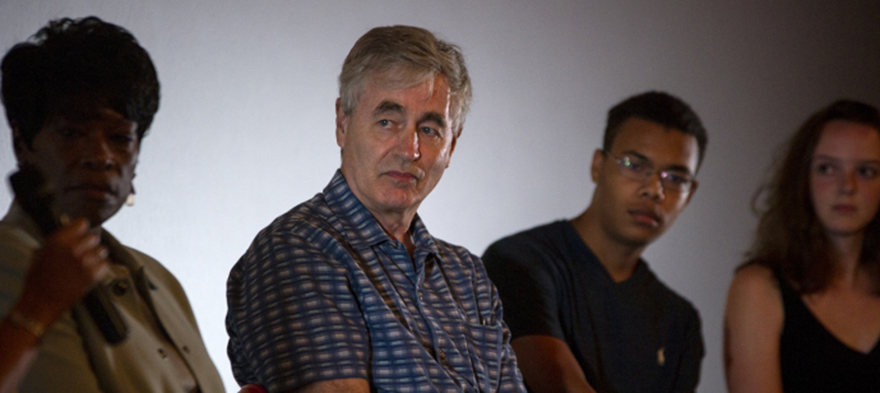
Aug 24, 2018 12:00:00 AM
Let America be America again. Let it be the dream it used to be. Let it be the pioneer on the plain seeking a home where he himself is free. America never was America to me.I will be leading some conversations about the series in the coming weeks as well as writing recaps for each episode. I hope you’ll join the conversation about Oak Park’s experiment in integration, equality and equity.
LeeAndra Khan is CEO of Civitas Education Partners. Previously she served as a middle school principal in Oak Park, Illinois, and formerly spent 10 years in three Chicago high schools as a principal, assistant principal and math teacher. Before beginning her journey into education, she spent 10 years as a civil engineer designing roads, highways, gas stations and bridge inspections. LeeAndra is the mom of one son and the daughter of a retired Chicago police officer. Watch her TEDx Talk on teacher voice and leadership beyond the classroom, where she tells a story about how a school culture transformed through teacher influence. In August 2017, she came together with more than 40 other African-American parents, students and teachers to talk about the Black experience in America's public schools. These conversations were released as a video series in Getting Real About Education: A Conversation With Black Parents, Teachers and Students.
Few issues in education spark more tension and debate than standardized testing. Are they a tool for equity or a burden on students? A necessary check on school systems or a flawed measure of...
Charter schools are public schools with a purpose. Operating independently from traditional school districts, they're tuition-free, open to all students, and publicly funded—but with more flexibility...
Despite the benefits of a diverse teaching force, prospective teachers of color fall out of our leaky preparation pipeline at every stage: preparation, hiring, induction, and retention. Here’s what...
Ed Post is the flagship website platform of brightbeam, a 501(c3) network of education activists and influencers demanding a better education and a brighter future for every child.
© 2020-2025 brightbeam. All rights reserved.
Leave a Comment